Liberty cannot be established without morality, nor morality without faith
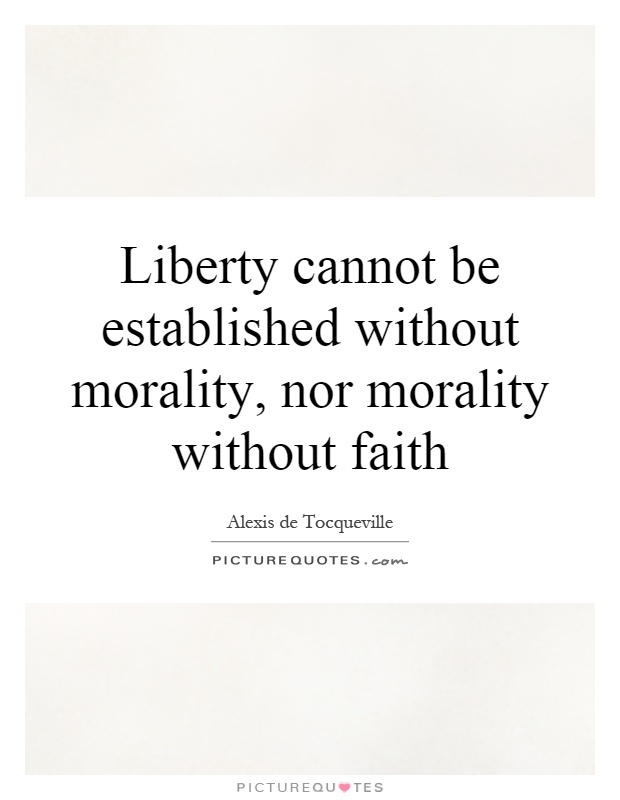
Liberty cannot be established without morality, nor morality without faith
Alexis de Tocqueville, a French political thinker and historian, is best known for his work "Democracy in America," in which he explores the relationship between liberty, morality, and faith in the context of a democratic society. Tocqueville believed that liberty, morality, and faith are interconnected and essential for the maintenance of a free and just society.Tocqueville argued that liberty cannot be established without morality because a society without moral values and principles is bound to descend into chaos and tyranny. In the absence of moral guidelines, individuals are more likely to act in their own self-interests, leading to a breakdown of social cohesion and order. Morality provides the foundation for a just and equitable society, as it encourages individuals to act in accordance with ethical principles and respect the rights and freedoms of others.
Furthermore, Tocqueville believed that morality cannot be sustained without faith. He argued that faith, whether in a religious or secular sense, provides individuals with a sense of purpose and meaning that transcends their own self-interests. Faith instills in individuals a sense of duty and responsibility towards others, fostering a sense of community and solidarity. Without faith, individuals are more likely to succumb to moral relativism and nihilism, leading to a decline in moral values and ethical behavior.
Tocqueville's insights into the relationship between liberty, morality, and faith are particularly relevant in today's society, where individualism and materialism often take precedence over communal values and ethical principles. In order to maintain a free and just society, it is essential to cultivate a sense of morality and faith that guides individuals towards the common good. Only by upholding moral values and principles can we ensure the preservation of liberty and the protection of individual rights.
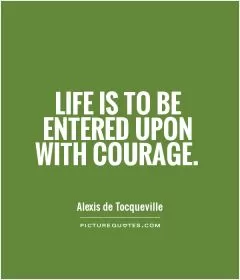
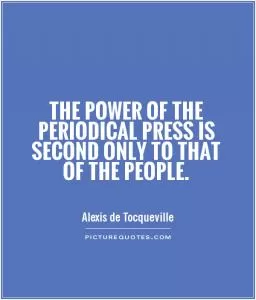
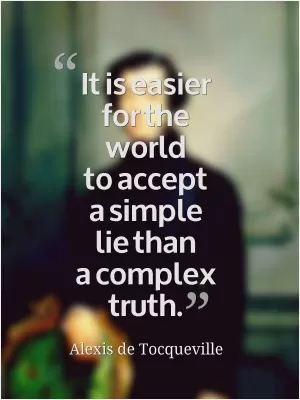
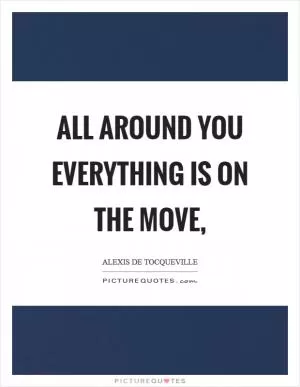

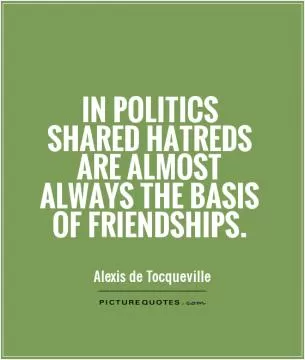
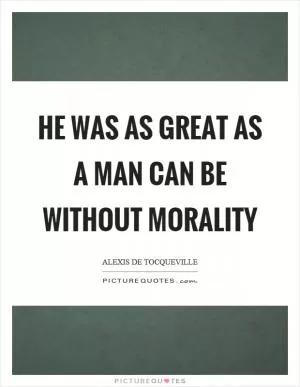
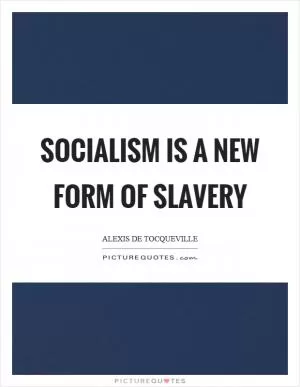
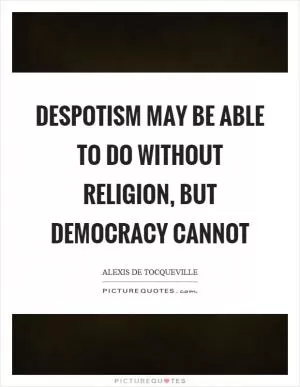
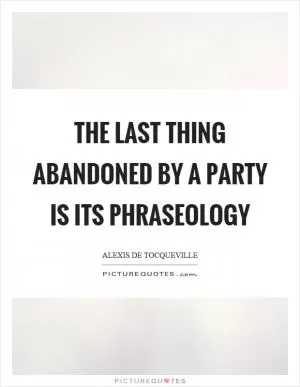
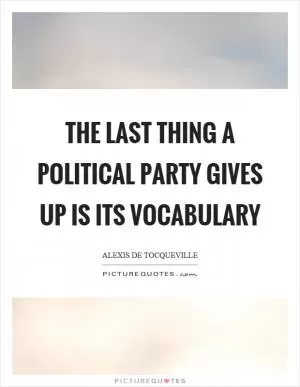
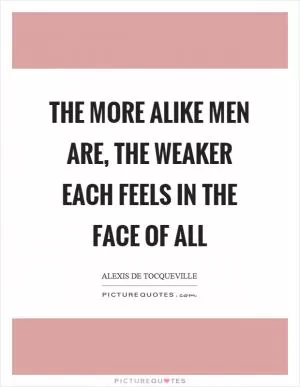
 Friendship Quotes
Friendship Quotes Love Quotes
Love Quotes Life Quotes
Life Quotes Funny Quotes
Funny Quotes Motivational Quotes
Motivational Quotes Inspirational Quotes
Inspirational Quotes